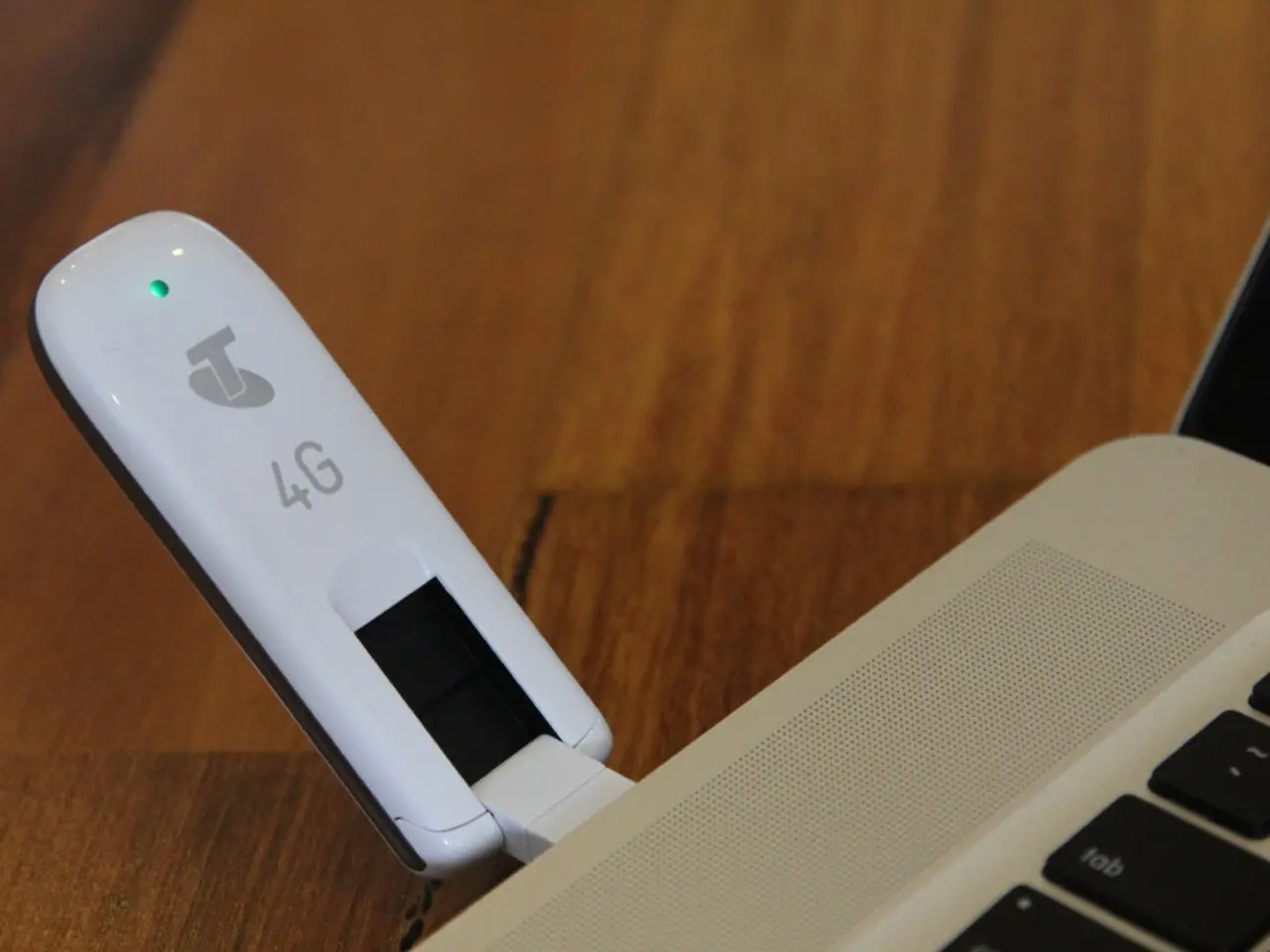Impending adjustments to EV prices and their implications on operational expenses
The Electricity Supply Board (ESB) has announced a price increase for public electric vehicle (EV) charging in Ireland, causing a stir among environmentalists, industry experts, and potential EV buyers. The recent hike, amounting to about 7 cents per kilowatt-hour (kWh) or roughly a 15% rise, has raised concerns that the increased running costs may slow the adoption of electric vehicles (EVs) in Ireland.
Impact on EV Owners and the Market
This substantial increase in charging costs may make operating an EV less economically attractive, particularly for drivers of larger electric vehicles, as public charging can become more expensive than fueling petrol or diesel cars. Industry observers suggest that this price hike comes "at a very unfortunate time," as the Irish EV market, though growing, remains a small minority of total cars. Increased charging costs combined with a "thin public charging infrastructure" could discourage wider EV adoption, especially for users without easy access to home or workplace chargers.
Operational Rationale and Pricing Structure
ESB attributes the price increase to "sustained increases in operational costs and electricity network charges" and justifies it as necessary to support continued investment in expanding and upgrading the EV public charging network, aiming for a future-ready infrastructure with more high-power chargers. However, users pay the same per kWh rate regardless of actual charging power delivered, which varies due to battery condition, grid power supply, and ambient temperature, potentially reducing perceived fairness and value of the charging service.
Subscription Plans and Future Increases
Subscription plans still offer minor discounts compared to pay-as-you-go prices, but these too have risen by 7 cents per kWh. Furthermore, users should expect further increases from October 2025 when Value-Added Tax (VAT) on EV charging rises from 9% to 13.5%.
Implications for EV Uptake and Future Policies
The ESB price increases, alongside infrastructure limitations, represent a barrier to accelerating EV uptake in Ireland by increasing the cost and complexity of public charging. While the price hike is positioned as a necessary step to maintain and expand essential charging infrastructure, it may slow the transition to electric vehicles unless mitigated by improved access, competitive pricing models, or supportive policies.
The affordability of electric cars, due to lower fueling costs, is being impacted by the price increase in charging costs. This could lead to a reconsideration of the overall cost-effectiveness of electric cars compared to diesel or petrol cars. The climate change imperative for switching to electric cars is being challenged by the increased costs of charging, potentially undermining Ireland's efforts to reduce carbon emissions.
Charging an average family EV on a public charger could cost €40 or more due to the price increase, potentially outweighing the savings on fuel costs. As such, it is crucial for policymakers, industry leaders, and EV providers to address these concerns and find solutions to ensure a smooth and affordable transition to electric mobility in Ireland.
[1] O'Sullivan, D. (2023, March 15). ESB announces price hike for electric vehicle charging. The Irish Times. Retrieved from https://www.irishtimes.com/business/transport-and-tourism/esb-announces-price-hike-for-electric-vehicle-charging-1.4948918
[2] O'Shea, C. (2023, March 16). ESB's electric car charging price hike: What it means for you. The Journal. Retrieved from https://www.thejournal.ie/esb-electric-car-charging-price-hike-4876832-Mar2023/
[3] Cullen, A. (2023, March 17). ESB's electric car charging price hike could slow EV uptake in Ireland. Green News. Retrieved from https://www.greennews.ie/news/esbs-electric-car-charging-price-hike-could-slow-ev-uptake-in-ireland/
[4] Murphy, M. (2023, March 18). ESB's electric car charging price hike: What it means for you. The Irish Independent. Retrieved from https://www.independent.ie/business/irish/esbs-electric-car-charging-price-hike-what-it-means-for-you-41477434.html
- The increased charging costs for electric vehicles (EVs) could make EVs less economically attractive compared to traditional petrol or diesel cars, especially for owners of larger EVs who rely on public charging.
- As a result of the recent price hike in public EV charging and the limited public charging infrastructure, potential EV adopters without easy access to home or workplace chargers may be discouraged from transitioning to electric vehicles, potentially slowing the adoption of EVs in Ireland.




